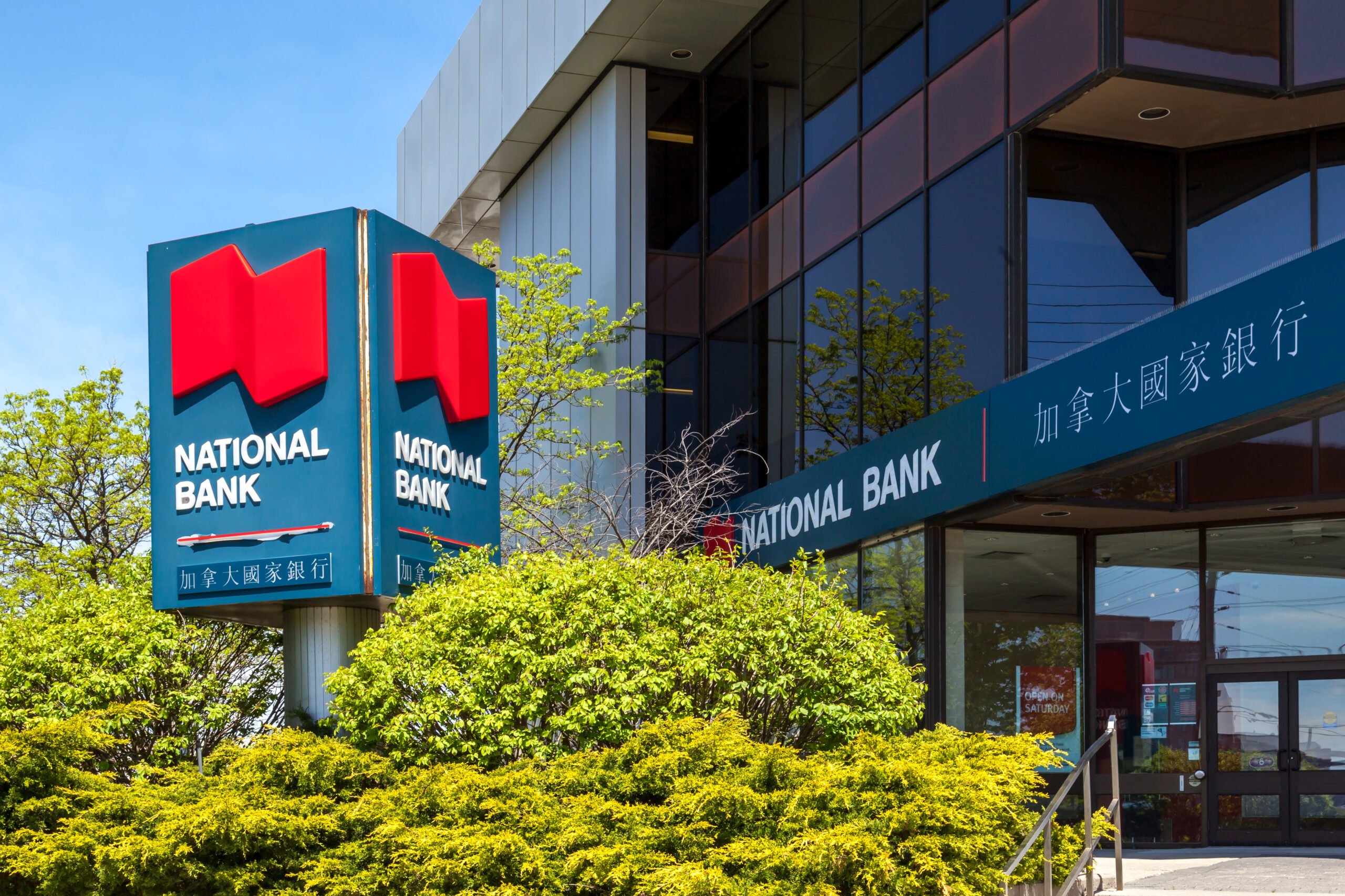Summary
National Bank Direct Brokerage has announced zero-commission and fees on online trading of Canadian and U.S. stocks and ETFs. With this announcement in Canada, many are speculating that this may place pressure on the big 5 banks to reduce their commissions on trading.
National Bank Cutting Trading Fees
A bank-owned Canadian online broker has finally matched the zero-commission deals long available to U.S. investors (like Robinhood, for example), which now puts serious pressure on their competitors to follow suit.
In any type of National Bank Direct Brokerage account, registered or non-registered, you can now buy and sell stocks and ETFs listed on North American stock exchanges at zero cost and with no minimums. At this time, fractional shares are not an option, but that may change soon as Wealthsimple Trade announced that option for U.S. and Canadian companies.
Trading Fees in Canada
National Bank Direct Brokerage joins Wealthsimple Trade in offering zero-commission trading (to learn more about Wealthsimple and Wealthsimple Trade, click here).
Before this major shake-up, National Bank Direct Brokerage had a $6.95 commission, which was still at the lower end of a pricing spectrum that goes up to about $10 per trade at big bank-owned outfits such as Scotia iTrade, TD Direct Investing and RBC Direct Investing (see below for full list of trading fees). Other players such as Questrade and Virtual Brokers charge less, but traders can still expect to pay at least $2 to $5 per trade at this time.
Royal Bank, The Bank of Nova Scotia, The Bank of Montreal, Canadian Imperial Bank of Commerce and Toronto-Dominion Bank (more commonly known as “The Big 5”) have yet to adopt a zero commission model for online trading, but the announcement from National Bank is sure to put pressure on them.
As of today, the trading fees at the big 5 banks are as follows (these numbers represent the range of the pricing available depending on a number of different factors such as trade frequency, account size, etc.):
- RBC Direct Investing: $6.95 to $9.95
- Scotia iTrade: $4.99 to $9.99
- BMO InvestorLine: $9.95
- CIBC Investor’s Edge: $4.95 to $9.95
- TD Direct Investing: $7 to $9.99
Conclusion
With this big shake up in Canada, stay tuned for future announcements as the big 5 face pressure from their clients to keep up with the changes happening across the industry.

